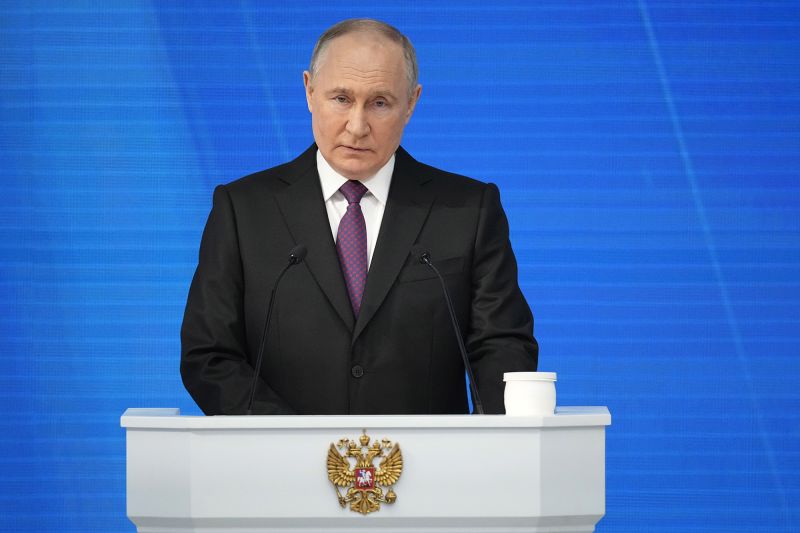The Russian President, Vladimir Putin, recently issued a severe warning to the western world, stating that sending troops to Ukraine could potentially ignite nuclear war. This statement not only pinpoints the high-stakes tension between Russia, Ukraine, and the western world but also raises alarms about global peace, stability, and nuclear deterrence.
The tenor of Putin’s remarks indicates that the diplomatic relations with the west have hit rock bottom, especially concerning the disputed regions of eastern Ukraine, where Russian-backed separatists have been in conflict with Ukrainian forces since 2014. Ukraine, a country caught in power struggles, has been a fervent topic between the west and Russia. Putin’s nuclear war assertion underscores his dissatisfaction and worry over western powers’ increased support towards Ukraine.
Putin’s statement concerning nuclear war stems from a fundamental aspect of international politics: deterrence. Deterrence, a strategic balance that has allowed relative peace among superpowers during the Cold War, is designed to discourage an adversary from taking an unwelcome action, such as military invasion or aggression. Once breached, the result could be disastrous leading to the potential for nuclear war. Russia seemingly perceives the west’s move to support Ukraine as breaking this balance, therefore triggering such a stern warning.
Understanding the nuclear capabilities of Russia, who owns one of the world’s largest nuclear arsenals, the threat of nuclear engagement should not be taken lightly. The invocation of nuclear war in any scenario not only shapes military and diplomatic policies but also has a far-reaching effect on global economic, environmental, and humanitarian aspects.
While Putin’s rhetoric could be seen as an attempt to dissuade Western involvement in the Ukraine crisis, it also serves as a reminder of Russia’s assertive foreign policy and strategic capabilities. The Russian administration has shown time and time again that it is ready to defend its interests and geopolitical influence. This trend is underpinned by the annexation of Crimea in 2014, where Russia dramatized its readiness to protect its interest irrespective of Western pressure or sanctions.
As the West continues to supply Ukraine with military aid, Putin’s remark about the potential for nuclear war seems to suggest that Russia is feeling increasingly cornered. Putin is warning Western nations that if they continue their current strategy, they may not just be risking a military confrontation with Russia but a nuclear standoff, a scenario global leaders have been attempting to avoid since the end of the Cold War.
In a world where diplomatic relations are constantly fluctuating, warnings such as Putin’s must be given serious consideration. It is essential, therefore, that a balance be struck between supporting nation sovereignty and the risk of inflaming hostilities. Through dialogue and diplomacy, a resolution can, and should, be sought to avoid any risk of a nuclear conflict.
